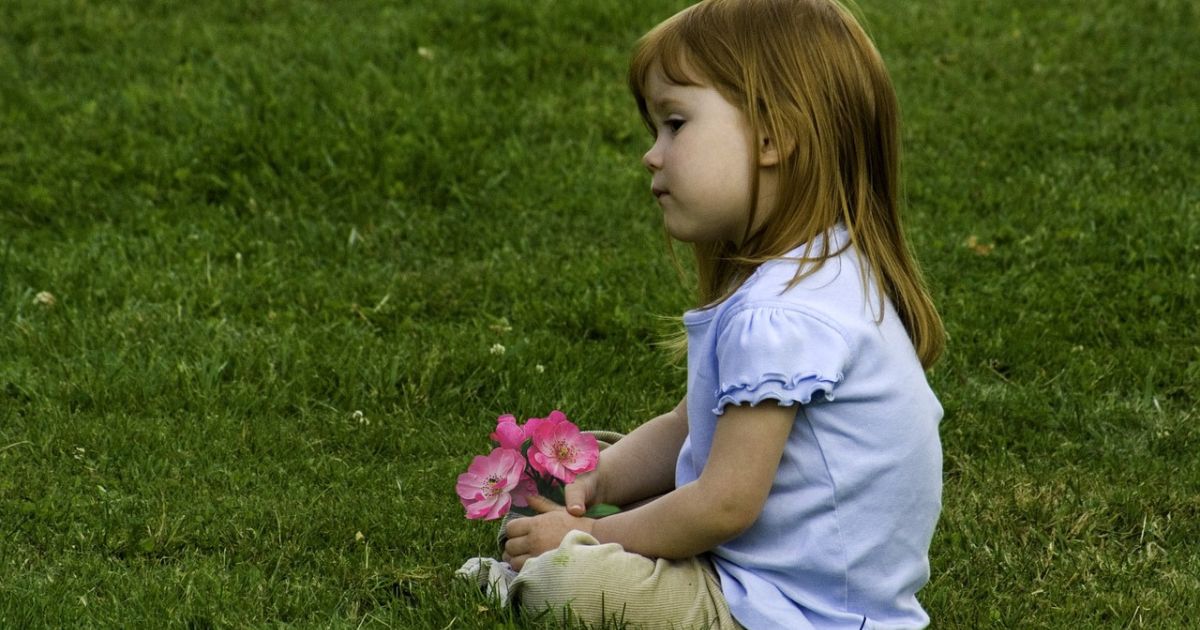The Centers for Disease Control and Prevention (CDC) has issued a stark warning about a concerning trend affecting children across the United States—a growing sleep crisis in children that could have significant implications for their mental health.
The CDC’s report sheds light on the severity of the issue and underscores the urgent need for intervention to address this emerging challenge.
Sleep Crisis In Children Can Cause Various Mental Disorders
Sleep plays a crucial role in the overall health and well-being of individuals, especially children, whose development and growth are directly influenced by the quality and quantity of their sleep.
However, the CDC’s recent findings indicate that a significant number of children are not getting enough sleep, potentially putting their mental health at risk.
The report highlights that inadequate sleep is a widespread concern among children of all ages. Factors such as increasing academic demands, extracurricular activities, screen time, and social pressures have collectively contributed to a decline in sleep duration and quality.
The consequences of this sleep deficit are far-reaching, affecting children’s cognitive functions, emotional well-being, and overall mental health.
Dr. Sarah Johnson, a pediatrician and sleep specialist, notes, “Sleep is not a luxury; it’s a necessity for children’s physical and mental development. Without adequate sleep, children may experience difficulties in concentration, mood regulation, and even in their interpersonal relationships.”
One of the most alarming aspects of the CDC’s findings is the potential link between inadequate sleep and mental health challenges.
Research has shown that sleep plays a crucial role in the brain’s ability to process emotions and regulate mood. Chronic sleep deprivation can lead to increased irritability, mood swings, and even exacerbate symptoms of anxiety and depression in children.
The implications of this sleep crisis are profound. As children navigate the challenges of growing up in an increasingly complex and fast-paced world, their ability to cope with stressors and maintain their mental well-being becomes paramount.
Ensuring that they get sufficient sleep is a critical step toward promoting their emotional resilience and mental health.
To address this pressing issue, the CDC emphasizes the importance of creating healthy sleep habits and environments for children. Parents, caregivers, and educators all play vital roles in establishing routines that prioritize sleep.
Setting consistent bedtimes, reducing screen time before bedtime, and creating calming bedtime rituals are some of the strategies that can contribute to improving children’s sleep quality.
Additionally, the CDC advocates for raising awareness about the significance of sleep in children’s lives. Schools, communities, and healthcare providers can collaborate to educate families about the importance of adequate sleep and its impact on mental health.
By fostering a culture that values and prioritizes sleep, society can work collectively to mitigate the emerging sleep crisis among children.
Dr. Emily Collins, a child psychiatrist, underscores the need for a holistic approach, stating, “We need to view sleep as an integral part of a child’s mental health toolkit. It’s not just about getting through the day; it’s about equipping children with the tools they need to thrive emotionally and mentally.”
The CDC’s report serves as a wake-up call, shedding light on a critical issue that demands immediate attention.
As the sleep crisis continues to affect children’s mental health, the importance of concerted efforts to address this challenge cannot be overstated.
By prioritizing healthy sleep habits and promoting awareness, society can work together to ensure that children have the opportunity to grow, learn, and develop with the mental resilience they need to thrive in an ever-changing world.

























